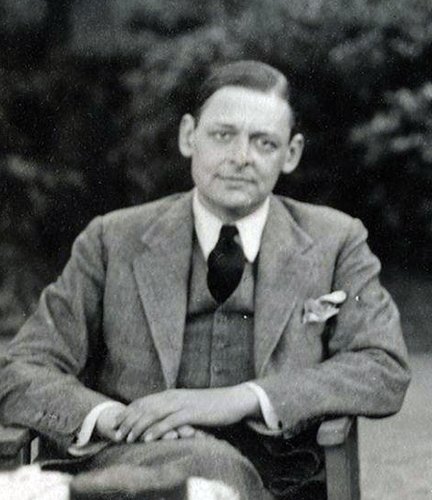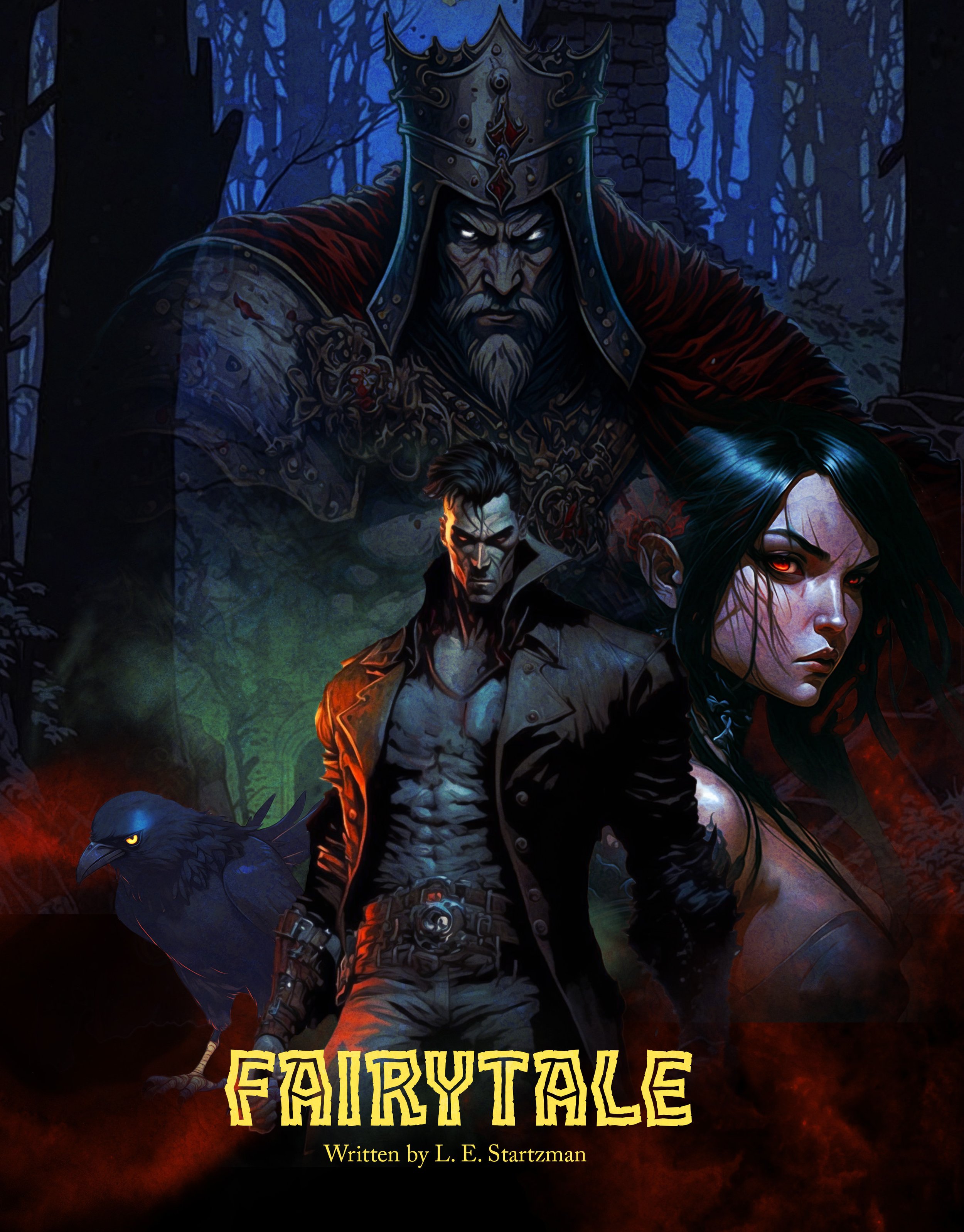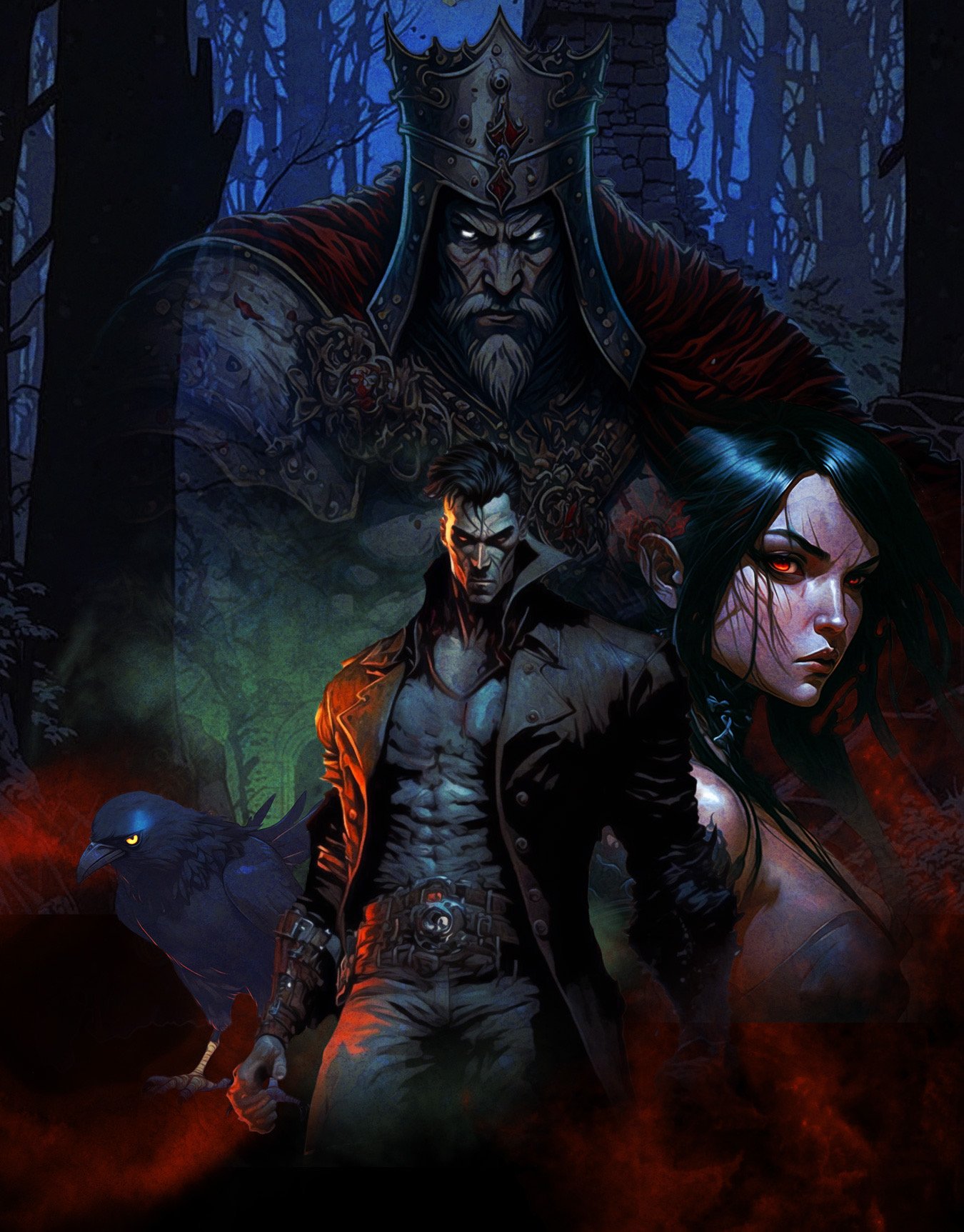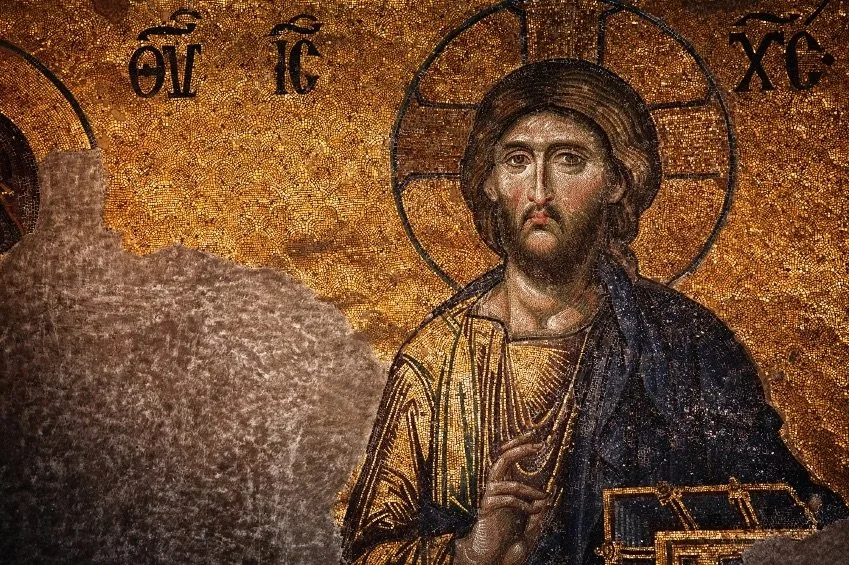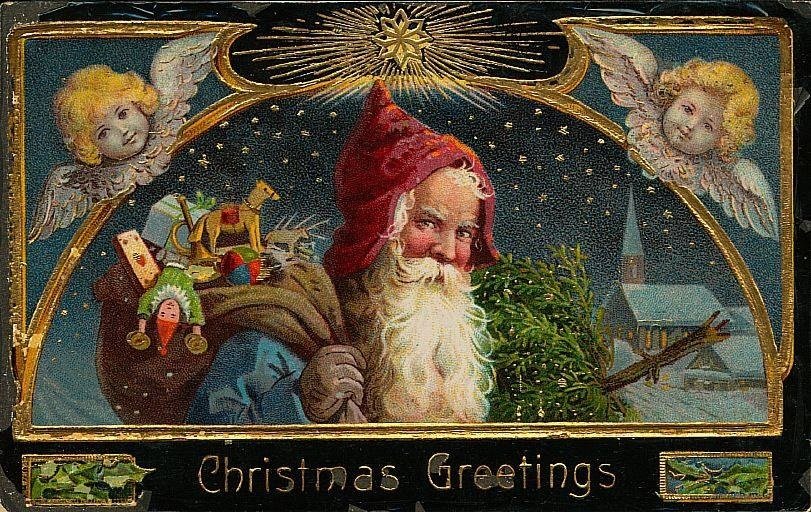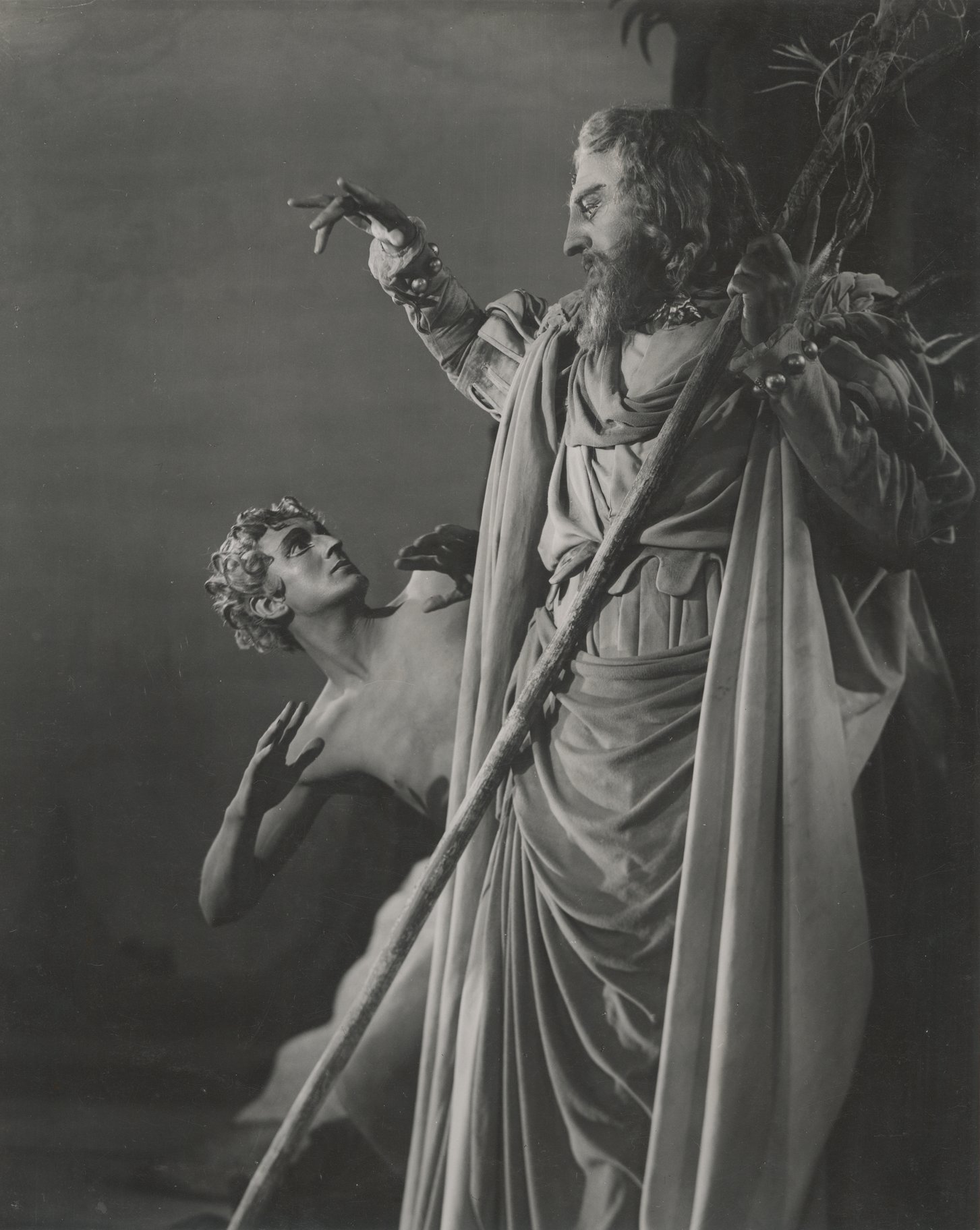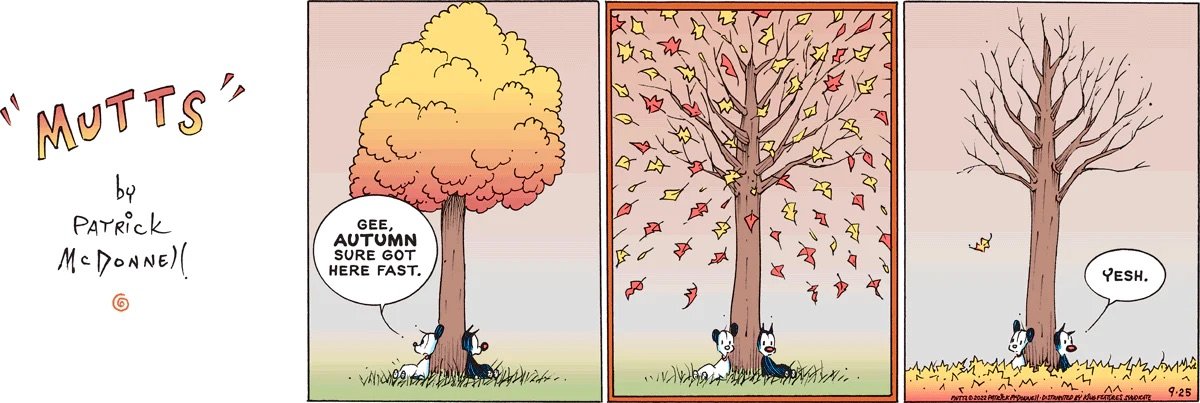Christopher Baglow: Walker Percy: Faith and Science in the Ruins. From the Church Life Journal, 1/26/23.
In his masterpiece Introduction to Christianity, Joseph Ratzinger boldly ventured to identify the place at which contemporary human beings, at least of the Western variety, come to grief in their understanding of God. His compass is the well-known parable of Jesus from Luke 15, the parable of the lost sheep, whose shepherd leaves the other ninety-nine in his flock on the arid, open plain and goes to find it. When he does find it, he rejoices over it more than he does over the ninety-nine that he left in peril. Then Jesus declares that God is like that with any sinner who repents, welcoming them, Ratzinger explains, “like a person who loves, with all the capriciousness of someone who loves.” Such a concept is so foreign to us today, says Ratzinger, that we cannot help but feel that it is a primitive artifact from when the world seemed very small to human reckoning, and to be the center of everything. By contrast,
We think, in an age when we know how infinitely different things are, how unimportant the earth is in the vast universe, how unimportant this little speck of dust, man is in comparison . . . it seems an absurd idea that this supreme being should concern himself with man, his pitiful little world, his cares, his sins and his non-sins.
But the resolution Ratzinger offers to this modern crisis of faith is just as bold—it becomes the interpretive key for everything else in his Introduction, and is also a vantage point to consider the intersection of faith and science in the letters and life of the Catholic novelist and philosopher Walker Percy. Fittingly, it is an aphorism that prefaces a German novel, Hyperion by Friedrich Holderlin; even more fittingly, its original source is not Holderlin, but an unknown Flemish Jesuit who penned it as an epitaph for St. Ignatius of Loyola. It is a definition of divinity that leaves behind the false dichotomy between “Supreme Being” and “Reckless Lover”:
Not to be constrained by the greatest, but to let oneself be contained by the smallest—that is divine.
This deep paradox of transcendence and immanence is the bridge between the parable of the lost sheep and the modern human being informed of and boggled by the vast world uncovered by modern science. In Ratzinger’s own words, “The Logos of the whole world, the creative original thought, is at the same time love; in fact, this thought is creative because, as thought, it is love, and as love, it is thought.” The God of modern science, the God of cosmic mathematics, of Absolute thought, is so only because he is Love, not an unfeeling Idea, but creative of the cosmos for the sake of love, fully allowing himself to be encompassed by the smallest, by the encounters that fulfill or wreck our lives, even the very small loves, the love of a shepherd for his favorite sheep, or an owner for her dog. But first and foremost, he is encompassed by, and therefore encountered in, the love between human persons.
Finding the union between these two seemingly contradictory options—the paradox of a God who loves the smallest, and yet is also the Mind of the Universe, the matrix, the source and condition of the cosmos’ existence because he is love—leads us to the underlying frame of Walker Percy’s novels. For his protagonists, God cannot be found by reaching to the heights, and in their attempts to take a God’s-eye-view of the world, the viewpoint of the theorist, Percy’s characters become alienated from the world, from other selves, and from God. But it is when they go out into that world and encounter other selves for what they are—and in some cases, fall in love with them, or remember love for them, or become broken by their desire for love from them—that they find God in the world, or at least, find God close to them.
In the Moviegoer, Binx Bolling goes on a fruitless “vertical” search for the Supreme Being. He reads Einstein and Schroedinger and others, and has it all explained—the universe, the electron, Einsteinian gravity. “The only difficulty,” he admits, “was that the universe had been disposed of, I myself was left over.” So he commences his horizontal search in which he becomes a 1960s suburban New Orleans pilgrim of pleasure, driving up and down Elysian Fields and Robert E. Lee, watching movies, and pursuing women. He does not find love, so much as it finds him. The love of Lonnie and of Kate, discovered through catastrophes, culminating on Ash Wednesday and marriage to Kate, brings him around to face, if not yet embrace, something like peace and the stability of loving commitment, both hallmarks of grace.
Lancelot Lamar in Lancelot is also a theorist, one who sees human sins as phenotypic variations on a psychologically explainable moral genotype—as specimens of a thoroughly explainable and psychologically excusable species of actions. Even Hitler seems to him incapable of real sin, for he “was a madman.” To find a real sin, he thinks, would prove the existence of God. But he will not examine his own conscience as he seeks the Unholy Grail. Remaining a theorist, he conceives and dedicates himself to an insane Stoic New Order that will be “the best of [Robert E.] Lee and Richard [the Lionhearted] and Saladin and Leonidas and Hector and Agamemnon and [the Red Baron] Richthofen and Charlemagne and Clovis and Martel.” That he will be the one to construct this New Order shows how he stands above and outside his theory. The tragic irony is that standing outside allows him to rationalize a horrifying sin of vengeance, and to concretize his alienation from God and his own self.
One of the most powerful expressions of Percy’s literary genius is that, as one reads through the description of the New Order that Lancelot wants to build, one feels (especially if one is a Southerner) the desire for it building within himself. But it is a diabolical lie, and over and over its true nature surfaces, such as when he exclaims to his priest-friend, “You have your Sacred Heart. We have Lee.” It is a new order without love. The presence of grace, and the solution to Lancelot’s despair, exists within that very priest-friend Fr. John, his silent listener whose birth name was Percival, namesake of one of the three to find the Grail in the Arthurian-Grail cycle.
This wavering priest comes and listens to Lancelot and is changed, brought to reconciliation with God, by his patient listening. Fr. John opts for embracing his priesthood, rather than leave it for the Creole girl on the levee, to take a little parish in Alabama and (in Lancelot’s words) “preach the gospel, turn bread into flesh, forgive the sins of Buick dealers, administer communion to suburban housewives.” The Arthurian Holy Grail is not a chalice; it is God and divine love, it is a mercy that causes goodness where goodness is absent; it is one that creates community. It eludes Lancelot but is found by Percival, and even Lancelot seems to sense its nearness in the only verbatim words we receive from Fr. John in the entire novel:
Lancelot: There must be a new beginning, right?
Fr. John: Yes
Lancelot: But? You don’t like the new beginning I propose? You are silent. So you are going to your little church in Alabama and that’s it?
Fr. John: Yes
Lancelot: So what’s the new beginning in that? Isn’t that more of the same? You are silent. Very well. But you know this! One of us is wrong. It will be your way or it will be my way.
Fr. John: Yes
Lancelot: All we can agree on is that it will not be their way. Out there.
Fr. John: Yes
Lancelot: There is no other way than yours or mine, true?
Fr. John: Yes
…
Lancelot: Very well, I’ve finished. Is there anything you wish to tell me before I leave?
Fr. John: Yes
Here we have two Kierkegaardian personae, the genius and the apostle, facing each other, personae that Percy refers to repeatedly in essays and interviews. One reaches arrogantly up towards great things but without comprehension of the smallest and most important things—Lancelot. But the apostle, in this case, Fr. John (after St. John the Apostle), has embraced the smallest, and so has news to share about love, about being loved, that God is love. Consider Kierkegaard’s own words to see the parallel between the genius/apostle dichotomy and the greatest/smallest paradox:
Long before there can be any question of whether the genius will or will not assign his rare endowment to God, the genius already is and is a genius even if he does not do that . . . It is different with an apostle. The word itself indicates the difference. An apostle is not born; an apostle is a man who is called and appointed by God and sent by him on a mission . . . I am not to listen to Paul because he is brilliant or matchlessly brilliant, but I am to submit to Paul because he has divine authority; and in any case it must become Paul’s responsibility to see to it that he produces this impression, whether anyone submits to his authority or not.
In another section Kierkegaard writes what could be a C.V. for Fr. John:
It surely is true that the apostle exists entirely for the sake of others, is sent out for the sake of others; but it is not the crowd and not humanity, not the honored public, not even the honored cultured public, that is his master or his masters—it is God.
But to me the most interesting—and in the first instance, the most heartbreaking—appearance of the greatest-smallest paradox comes at the end of Love in the Ruins. It does so in two places, both of which occur at the height of the conflict of the novel. In the most important case, we see news about God remembered, and it snatches Dr. Thomas More from spiritual self-destruction. He remembers his deceased daughter on her deathbed:
“Papa, have you lost your faith?”
“No.”
Samantha asked me the question as I stood by her bed. The neuroblastoma had pushed one eye out and around the nose-bridge so that she looked like a Picasso profile.
“Then why don’t you go to Mass anymore?”
“I don’t know. Maybe because you don’t go with me.”
“Papa, you’re in greater danger than Mama.”
“How is that?”
“Because she is protected by Invincible Ignorance.”
“That’s true,” I said, laughing.
“She doesn’t know any better.”
“She doesn’t?”
“You do.”
“Yes.”
“Just promise me one thing, Papa.”
“What’s that?”
“Don’t commit the one sin for which there is no forgiveness.”
“Which one is that?”
“The sin against grace. If God gives you the grace to believe in him and love him and you refuse, the sin will not be forgiven you.”
“I know.”
As he recalls the moment, he realizes the nature of a sin that seems to be what has driven him so far from God and into the false refuge of his own genius—that he might have savored Samantha’s death a little, that he might have feasted on her death, found sweetness in his remorse instead of grieving her. He seeks her forgiveness: “Samantha, forgive me. I am sorry you suffered and died, my heart broke, but there have been times when I was not above enjoying it.” It seems no accident that from here he is able to withstand, and overcome, the diabolical Art Immelman, and then to marry Ellen and find something like peace, to almost become a good Catholic again (although one might wonder if he ever was, or if anyone is).
Dr. Thomas More is—like Binx, like Lancelot—a theorist, a man of genius who, unlike them, retains his faith, truly but badly, who has arrogantly made himself the arbiter of the redemption of humanity with his Lapsometer, which despite his intentions brings the human race to the brink of its extinction. God was not found in his great, ingenious plan to save humanity by neurological stimulation, but in the smallest. Samantha, the apostle from his past, had news for him, and that news brought him to the threshold of salvation.
The second is one of the few places where the issue of conflict between faith and science is ever expressly mentioned in the novels (unless you include Lost in the Cosmos with the novels), and so is a helpful segue to faith and science in Percy’s life. More finds himself pleading for help from two men on the golf course. Moon Mullins is a Knight of Columbus/Holy Name alum/slumlord/golf course greenskeeper/American Catholic Church schismatic, who blames the pending apocalypse variously on Black people and later the abandonment of the Latin Mass. Moon is standing on the golf course with Billy Matthews, an Evangelical chiropractor. Moon is trying to vouch for More’s fidelity to “God and country” with Matthews, and is faring badly:
“I remember when Doc and I were in high school,” Moon tells the chiropractor. “Doc wrote a prize-winning essay for the Knights of Columbus on how there was no real conflict between science and religion. You remember what you said about transubstantiation, Doc?”
“Yes.”
“Transubstantiation is an invention of the Roman popes,” says Dr. Billy Matthews, flipping his flip-up sunglasses down for some reason. “It’s a piece of magic to fool the ignorant and has no basis in the Bible.”
“Whoa, hold on Billy!” cries Moon. “You don’t know what you’re talking about. Christ said ‘This is my body.’ Didn’t he, Doc?”
“Yes,” I say, and utter a groan.
“That’s the Eyetalian translation,” says Dr. Billy Matthews. With his flip-ups he looks blind as a bat.
“No it isn’t is it, Doc? Tell him.”
“Later. Oh Lord, what am I going to do?”
In the next scene More is speaking to Max Gottlieb, the atheist/scientist/genius/ivory-billed woodpecker enthusiast who asks More what is bothering him.
“You. And them. That is you four [Max and 3 other scientists] and those two.” I nod toward Moon and Billy Matthews, who are still arguing about transubstantiation.
“What about us and them?”
“You are both right and wrong.”
“What does that mean?”
More does not answer the question, at least not straightforwardly, averting instead to the prospect of the two groups of men killing each other. But it is clear that for Percy, the bifurcation of genius and apostle is not so clear as Kierkegaard seems to make it. The genius Gottlieb stands over and above the world with greatness but without comprehension of the most important things, seeing but not seeing. Wannabe apostles like Moon Mullins and Billy Matthews are prey to their own just-so stories; even real apostles, such as John Calvin as he appears in Lost in the Cosmos, can be undone by the one-sidedness of ideology. This is why, for Kierkegaard, the genius is antithetical to the apostle; it almost seems that to be one you must eschew the other. For Percy, ingenuity and apostleship need each other—we might say, reason and faith, science and faith, need each other. As St. John Paul II, once wrote, “Science can purify religion from error and superstition; religion can purify science from idolatry and false absolutes. Each can draw the other into a wider world, where both may flourish.”
I think that this aphorism of John Paul II is a very helpful key to understanding not only Walker Percy’s novels but the very man himself, his life, his own intellectual and spiritual journey, and the way in which faith and science came together for him in a mutually enriching lifelong dialogue. In fact, I propose that it was this encounter of science and faith that led him to the unique perspective that still distinguishes him as an original philosopher of language.
For him, it began quite early. Leaving behind the watery liberal Protestantism in which he was raised, and which seemed to have no discernible impact whatsoever on his spirit, but believing that some truth or truths must be certain and important, he took the route of scientism in senior high, committing himself to the notion that only the elegance and power of scientific method could put us in touch with truth, and maybe even offer some kind of mundane salvation. His encounter with Julian Huxley and H.G. Wells’ The Science of Life offered him a purportedly complete explanation of what it means to be human, dispensing with ideas of life after death and of human metaphysical uniqueness. Consider this passage on the mind-body problem from Wells:
The matter of physics and chemistry and the conscious spirit of the human mind are two aspects of the organisms we call men and women. In the light of such a conception the old question, whether mind determines the actions of matter or matter determines those of mind, ceases to have any meaning at all. Man, in this hypothesis, is not Mind plus Body; he is a Mind-Body.
Far from rejecting this insight along with the scientism in which it came wrapped, this vision of the unity of the human person never left him—he remained an anti-Cartesian like Huxley but found a third way in the Catholic doctrine that the soul is the form of the body, which led him to his own unique blend of semiotics and Thomistic anthropology. “The soul is not the entire man, and I am not my soul,” says St. Thomas Aquinas in his Commentary on 1 Corinthians 15. For a Catholic, Cartesianism cannot be the answer, but neither can Wells’ self-assured reductionism.
For Percy, it was in understanding language—“a natural phenomenon in which energy exchanges account for some, but not all, of what happens”—that he straddled the fatefulmind-body, science-religion rift in the modern mind. The human person is the rational animal that, like the other animals, is not only self-moved but moves in a radically new way, and can, thanks to language, consider all that exists under the perspective of creation. She can ask, “Is this world, of which I am a product and in which I live, an impersonal accident or an incredible artifact?” To be linguistic is to be a speaker about God.
Furthermore, language allows one to be named by God, to discover one’s self authentically. One can find no greater biblical precis of Percy’s view of the healing of the sundered self than Revelation 2:17, in the Spirit’s word to the church in Pergamum: “To him who conquers I will give some of the hidden manna, and I will give him a white stone, with a new name written on the stone which no one knows except him who receives it.” For the unnamed namer that is man, only God can give a name that will do justice to his enigmatic self, what is good about it, what is bad about it, all within the encompassing love of God, found, of course, within the smallest.
We can see in this insight both parts of John Paul II’s aphorism. In the popularized science of Wells, Percy’s religion was purified in advance from error and superstition, above all from the sad idea of the human soul as a separate thing, a mysterious ghost that is the real self. In his Catholic faith, his science was purified from the idea of the human being only as an organism in an environment. He found the nature and uniqueness of the human soul, and the human person as a whole self, body and soul, able to be compared to a lost animal, a sheep, but also able to reach the heights.
And it is here that we can return to the aphorism with which we began our pilgrimage through Percy’s dialogue, in life and letters, with modern science and the Catholic Faith—“Not to be constrained by the greatest, but to let oneself be contained by the smallest—that is divine.” This is what Percy’s imagination captured—here and there, at the moment of recovering consciousness under a chindolea bush, like Binx, or remembering a dying beloved daughter whose tortured face was somehow also a piece of art—a Picasso profile—like Tom More, or encountering one’s own conscience while watching the grief turned into rage turned into theory turned into damnation of an old friend—like Fr. John encountering Lancelot—here and everywhere the divine breaks forth. As Hopkins once wrote,
And for all this, nature is never spent;
There lives the dearest freshness deep down things;
And though the last lights off the black West went
Oh, morning, at the brown brink eastward, springs—Because the Holy Ghost over the bent
World broods with warm breast and with ah! bright wings.
Image: came from the journal with the essay: Featured Image: Pieter Brueghel the Younger, The Good Shepherd, 1616; Source: Wikimedia Commons, PD-Old-100.
EDITORIAL NOTE: This essay was originally given as a presentation at the 2022 Walker Percy Weekend, June 4, 2022, at Our Lady of Mt. Carmel Church in St. Francisville, LA. It is offered here without boiled crawfish, barbecue, or bourbon cocktails served under canopies of ancient live oaks dripping with moss, without which it may have lost its greatest merits.





